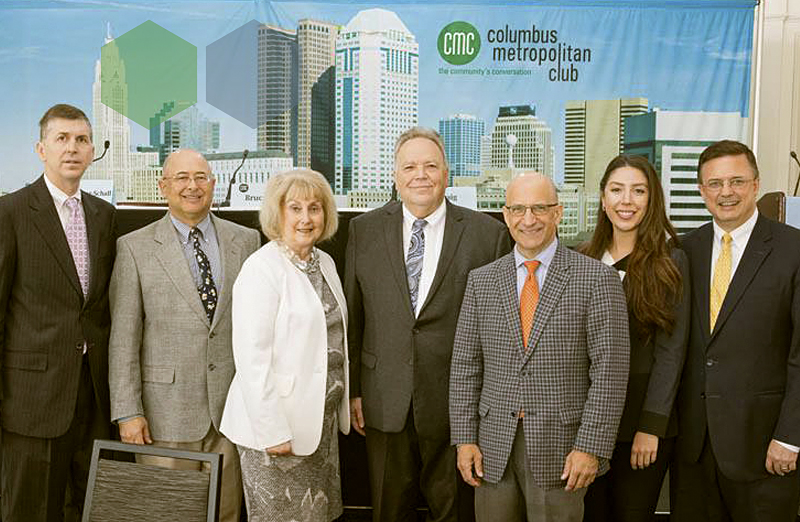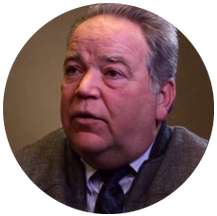Last month, I joined a sports gambling panel forum hosted by the Columbus Metropolitan Club. I found myself flanked by two legal experts who are deeply immersed in the business of sports gambling and the regulatory policies adopted by other states and jurisdictions.
These two pros demonstrated impressive substance and highly polished style as well. I felt a little like a babe in the woods, although I prefer my friend’s characterization “the rose between two thorns.”
Much of the conversation focused on whether betting should be allowed for amateur sports as well as professional, how odds are calculated and why they matter, the relative enforceability of age restrictions and other organizational and political mechanics associated with this billion-dollar industry.
My key theme didn’t waver. I asked, “What about people?”
You see, calculating the impact of legalized sports betting should factor in more than just taxes generated and jobs created. We can’t overlook or underestimate how it changes our lives, individually and collectively.
First, making sports betting more convenient, more socially acceptable and an even more prominent part of our daily routine will increase the number of people who experience negative consequences from gambling, including growing the ranks of people who suffer from full-blown addiction.
Study after study has shown that greater proximity and permission to gamble results in more pathological gamblers. We don’t have to look far for the proof. Just pay attention to the two statewide surveys undertaken by the Ohio Department of Mental Health and Addiction Services. They document that the number of problem gamblers in Ohio doubled in the five years after the casinos and racinos scored a green light.
This surge has exponential impact on people connected to the gambler. Some experts indicate that up to ten other people deal with the fall-out of someone else’s addiction. Loved ones, co-workers, friends, employers, many people and entities can be hurt. So, for every one new pathological gambler, multiply the damage to our economy, society and families by as much as ten.
Second, neuroscience confirms that gambling addiction is a brain disorder, a chronic disease that changes brain chemistry and processes just as alcohol or drugs. We can’t think our way out of the increases in theft, embezzlement, fraud, domestic violence, bankruptcy or other issues directly caused by this disease, any more than we can outsmart the tremendous damage stemming from the opioid epidemic. Don’t minimize its toll. Gambling is directly related to higher suicide rates than any other addiction.
Third, sports betting attracts disproportionally high amounts of young men, 18-25. Ironically, this is the same population at high risk of “getting hooked” on gambling. Just as disconcerting, the younger we are when we experiment with potentially addictive behaviors, the more likely we are to struggle with addictive brain impulses throughout life. Call that the three “ugly cherries” when you pull the sports betting handle.
These sobering issues can be lost in the excitement of Power Ball pots that reach millions of dollars or even low-earning but high-heckling office football pools and proceeds-for-charity casino night fundraisers. But the fact remains that this disorder tears apart families, adds to our overcrowded prisons and otherwise wreaks destructive consequences. Many enjoy it harmlessly, but we should not forget or white wash its dark side.
The only logical conclusion for Ohio policymakers is that, if we open the door to sports betting, we must – just as we did for casinos and racinos – set aside funds to help people caught in this downward spiral of loss, betrayal and trauma.
We may stand to gain some tax revenue. We may create great economic opportunities and wonderful entertainment for many. But, please, don’t forget to count the people whose lives will inevitably be upended.

